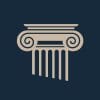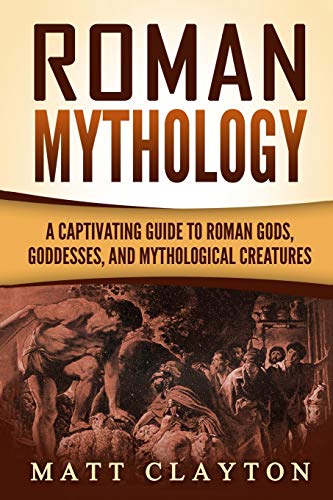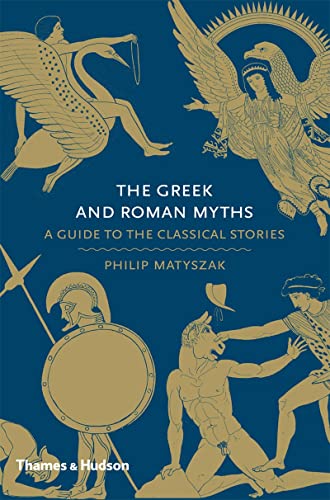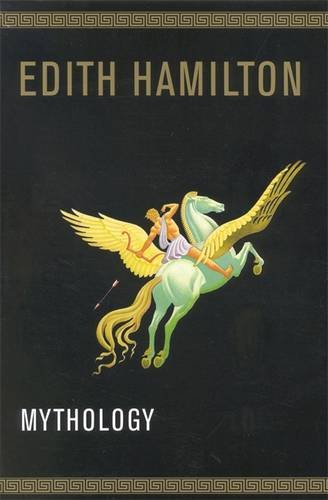Last Updated on November 27, 2023 by Vladimir Vulic
Roman mythology has been significantly influenced by Greek mythology due to Rome’s geographical location and its expansion. However, Roman mythology still is significantly different and has particular demarcations that sets it apart from Greek mythology.
If you are tempted enough to explore and are now wondering where to start, look no further. I have found just the five perfect Roman mythological books to get you started!
About Roman Mythology
If you want to learn about Roman mythology, it will interest you to know that mythology was used by Romans to describe and ascertain their social, cultural, and religious values. Many Roman mythology books discuss these values comprehensively.
They are a great guide to learning about their cultural and social virtues. Their stories are often about a central character who is brave, intelligent, and determined to save his people. If that is not your cup of tea, however, it will also interest you to know about Roman mythology gods.
Their gods are often described as vicious, tricksters, vengeful, petty, and jealous creatures. Thus, defying the typical traits that you may attribute to a divine creature. This just makes them even more fascinating to read about!
Top 5 Roman Mythology Books To Get You Started
#1. Roman Mythology: A Captivating Guide to Roman Gods, Goddesses, and Mythological Creatures by Matt Clayton
This book will introduce you to Roman gods, goddesses, and mythological creatures. The book has six chapters, each starting with a narrative scene that relates stories so viscerally that it almost brings these mythical creatures to life.
Chapter 1 covers the Trojan connection to Rome instigated by Virgil. In Chapter 2, you will learn about the foundation of Rome by the semi-divine, wolf-suckled brothers Remus and Romulus. Chapter 3 covers gods of Roman origins and Roman mythological creatures. Chapter 4 will teach you about the Etruscan influence on Roman mythology.
The book also extensively uncovers Greek influence on Roman mythology, in chapter 5, which is extremely interesting to read about! Chapter 6 looks at the Celtic influence, particularly that of Celtic gods, on the Roman pantheon. Finally, chapter 7 explores potential truths about Roman gods, goddesses, and creatures. This last chapter, in particular, is a favorite for many.
Roman Mythology: A Captivating Guide to Roman Gods, Goddesses, and Mythological Creatures is a great book to get you started because it covers many overarching themes related to Roman mythology. Therefore, you get a great understanding of the basics.
#2. Roman Gods and Goddesses by William M. White
Greek gods and goddesses have a significant influence on Roman mythology. It was also inevitable due to Rome’s geographic position. Citizens of Rome were often in contact with and conferred with Greek people due to Greek expansion into the Italian peninsula.
The Roman pantheon, therefore, does significantly resemble ancient Greece. However, there is a lot that sets the two apart.
White does a great job of exploring Roman mythology in Roman Gods and Goddesses. This book explores themes like the influence of ancient religions of Egypt, Asia Minor, and the Middle East on Roman mythology.
White also covers other important narratives like that of Romulus and Remus, as well as other major and lesser figures of Roman mythology.
This book is a good introduction to facts and concepts on Roman mythology and religion!
#3. Greek and Roman Myths: A Guide to the Classical Stories by Philip Matyszak
If you are impatient and would rather explore both Roman and Greek mythology side by side, this one is perfect for you!
Ever wonder why a computer virus is called a Trojan Horse? Or who is Pandora, and why do people go on and on about her box? What happened to Achilles? How did he get Achilles’ heel? This book will tell you all about it.
Matyszak uncovers ancient Roman and Greek myths, which often appear complex, by employing an accessible, enjoyable narrative style. He introduces sequences of various events covering the voyages of Odysseus and Aeneas. Labors of Hercules to the Trojan war, he talks about it all.
Matyszak also, interestingly enough, explores how the stories have survived to the present day, evolved, and greatly influenced art and culture. From renaissance painting, literature, and movies, to sculpture and modern opera, remnants of mythology persevere through them.
#4. Roman Mythology: A Traveler’s Guide from Troy to Tivoli by David Studdard
If you want to learn about Roman mythology but also are a geography enthusiast, this one’s for you!
Roman Mythology: A Traveler’s Guide from Troy to Tivoli brings together Roman myths and landscapes as well as the ideas that shaped them. Studdard invokes an innovative approach and takes the reader on a tour of all the great sites of the ancient Roman world.
He starts each account by providing his readers with a brief but evocative description of the location and landscape. He then follows suit by describing the myths associated with that particular location. He also takes time to mention the rituals performed in each area.
This book also draws on the great works of Dionysius of Halicarnassus, Ovid, Plutarch, Virgil, and Horace. The author also makes excellent use of commissioned maps and illustrations.
The book is thus a great exploration of both myth and the land!
#5. Mythology: Timeless Tales of Gods and Heroes by Edith Hamilton
Edith Hamilton brings together Greek, Roman, and Norse mythology all together for the readers in a readable and comprehensible manner. The author understands the importance of these myths, which serve as keystones of Western culture. Stories of gods and heroes have inspired human creativity greatly from when they were conceived to the present day, and they have all been explored in this book with great detail.
From the tales of Jason and Golden Fleece to the drama of the Trojan War, the wanderings of Odysseus, Cupid and Psyche, and mighty King Midas. Origins of the names of the constellations, reference points to art and literature. Cultural inquiry of Freud’s Oedipus complex, Eugene O’Neill’s Mourning Becomes Electra, to Wagner’s Ring Cycle, all found and brought together in one volume.
This is both a great reference text for scholars and is at the same time accessible enough to be read to enjoy simply.
Final Thoughts
Roman mythology has always been a subject of interest with books, tv shows, and movies based on its myths and legends. However, most of them provide details on one legend or a small cast. If you want to go more in-depth, then these 5 books are perfect to get you started. In particular, Greek and Roman Myths: A Guide to the Classical Stories by Philip Matyszak is an excellent book that gives all the information in an easy-to-read and digestible manner.
Happy reading!

Historian Franco Cavazzi dedicated hundreds of hours of his life to creating this website, roman-empire.net as a trove of educational material on this fascinating period of history. His work has been cited in a number of textbooks on the Roman Empire and mentioned on numerous publications such as the New York Times, PBS, The Guardian, and many more.





